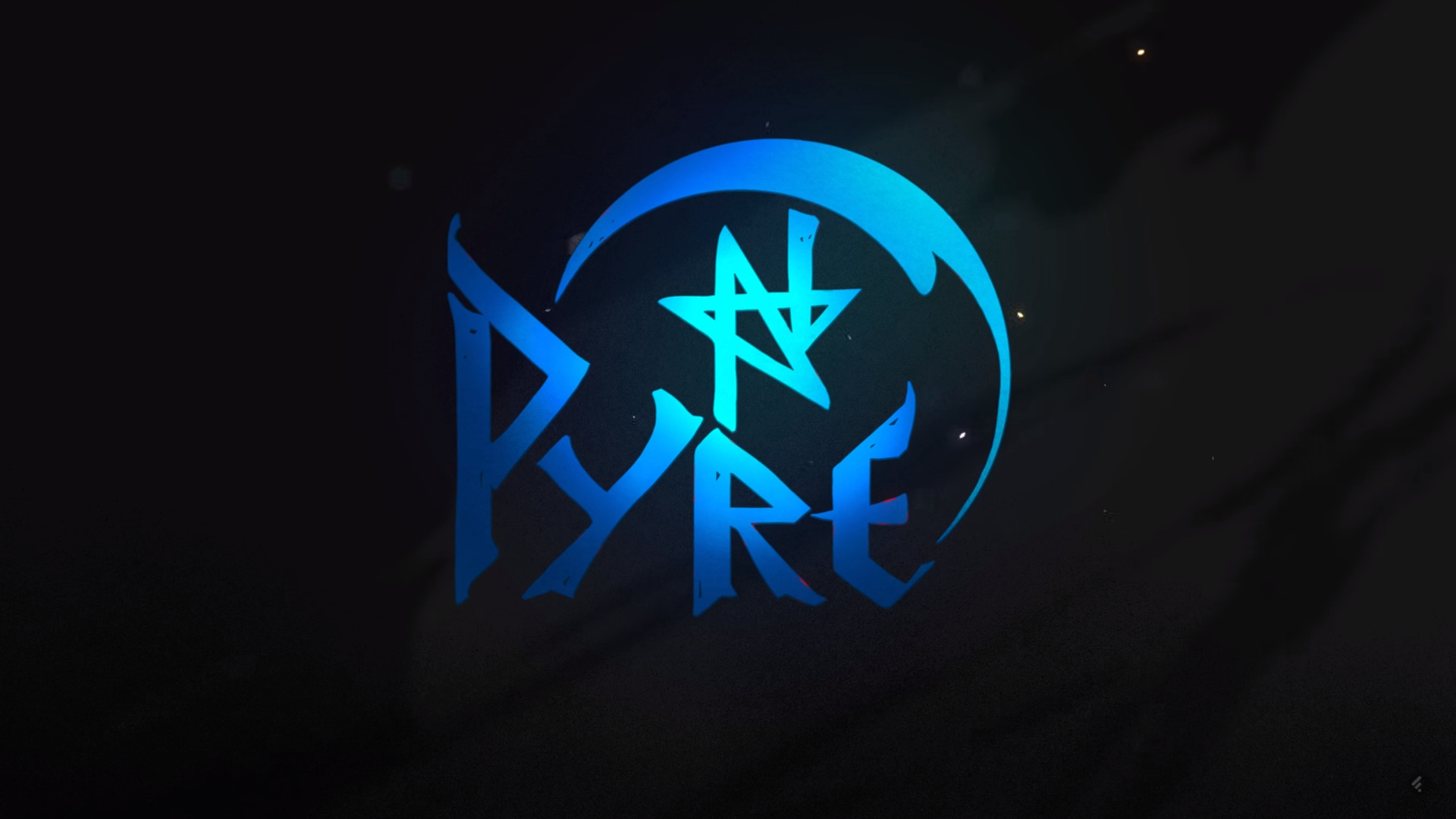In an interview with Gamasutra, Greg Kasavin of Supergiant Games discussed creating a multi-character narrative for Pyre.
First, he mentioned how Supergiant wanted to focus on having players interact with a larger number of characters, as the studio's previous games, Bastion and Transistor, did not have as many characters in them.
"This time around, we got excited by the idea of the player getting close to an interesting cast of characters over the course of a grand journey, and having some impact over what happened to them. We wanted the stakes of the story to be high,but not the kind of life-or-death struggle that's there in a lot of games, so that these characters would have to recover from their losses and the game and story could move forward even if the player failed in a given moment. That way, the experience could feel more true-to-life, and more about how relationships between people really are, despite the trappings of Pyre's fantasy setting.
He then touched on the player's role in the story, which is guiding these characters to victory against others who are just as motivated as the player.
"We were very interested in capturing the feel of a high-stakes battle of wits, where you have to outsmart and outmaneuver your opponent to succeed. At the same time, we knew we were making a multi-character game, but not a team-based game. So, the player's role would be to guide these other characters to victory, against other characters who are equally motivated to succeed. Analogies to sports or competitions became very intriguing for a variety of reasons. Such competitions can stress both teamwork and personal achievement while sometimes putting those things in conflict. Competitions have their own complex rules that need to be learned and accepted but can at times be subverted. And those who fail competitions typically have to confront their failure, and figure out how to move on from it."
Kasavin proceeded to briefly discussed the purpose behind Pyre's branching narrative.
"We have this goal of creating a game where your actions can influence what happens to the characters around you, so aspects of the story have to branch in order for that to be possible. Spent a lot of time writing variant versions of events that a given player will never see!"
Afterwards, he discussed how they figured out what place narrative would have in the game.
"We knew it would have one! The act of reading is important in the world of this game. But figuring out the answer to 'how much reading should there be' took a lot of iteration to figure out. The stories of our games are there in service of the experience, so we're sensitive to using story as efficiently and economically as possible, and ruthless about starting over on stuff that isn't quite there."
Greg Kasavin ended the interview by discussing Pyre's lack of a "game over" state.
"On the face of it, you'd think [the lack of a 'game over' state] would make for an extraordinarily easy game, though on the contrary I think our game has plenty of challenge in a variety of ways. As game players many of us are highly conditioned to save-load out of our failures. But I hope that many players will eventually experience this aspect of Pyre for what it is, and take something positive away from it."
Pyre will release for PC and PS4 in 2017.

